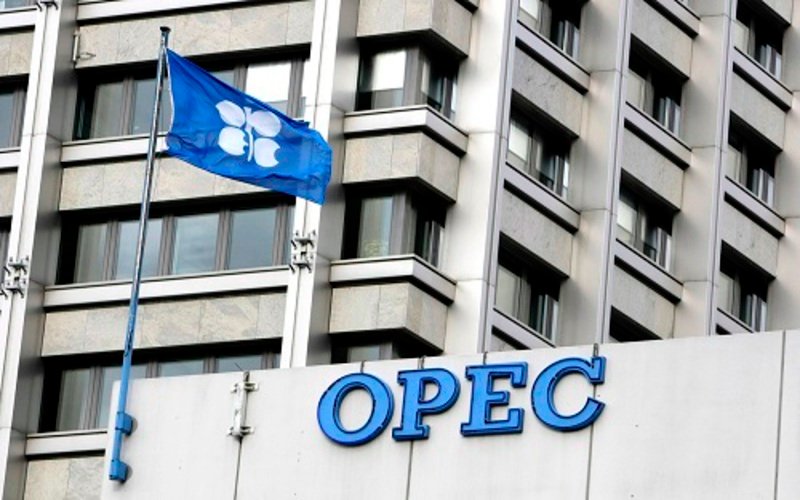The West’s energy watchdog said Friday that European Union and G7 limitations on Russian oil exports caused Asian refiners to buy cheaper Russian crude, contributing to OPEC+’s latest output cut.
In its monthly oil market report, the International Energy Agency (IEA) claimed Asian refiners’ interest in medium sour Middle Eastern crudes may have decreased with the arrival of almost three million barrels per day (bpd) of Russian crude.
“The rapid upheaval in global crude trade flows, may in part explain the recent decision by OPEC+ to cut production,” the IEA stated.
OPEC+ countries, headed by Russia, lowered oil output by 1.7 million barrels per day (bpd) earlier this month, increasing the group’s sweeping cuts to 3.7 million bpd through the end of the year.
The IEA said European refiners chose lighter, sweeter US crudes over Russian medium sour crude.
The IEA claimed European refiners had not received any pricing incentives to process Middle East crudes, unlike Asian refiners, which received substantial discounts on Russian crude.
Europeans eschewed Middle Eastern medium sour due to logistical issues that hinder some refiners from processing VLCCs and rising Middle East crude differentials to the area.
The IEA also cited hydrotreating’s higher energy costs.


